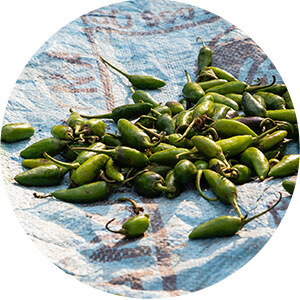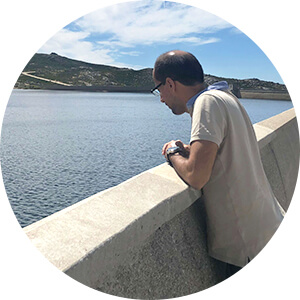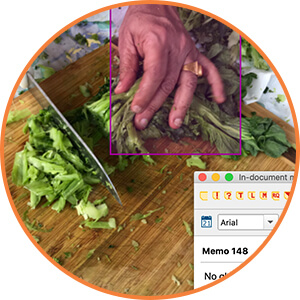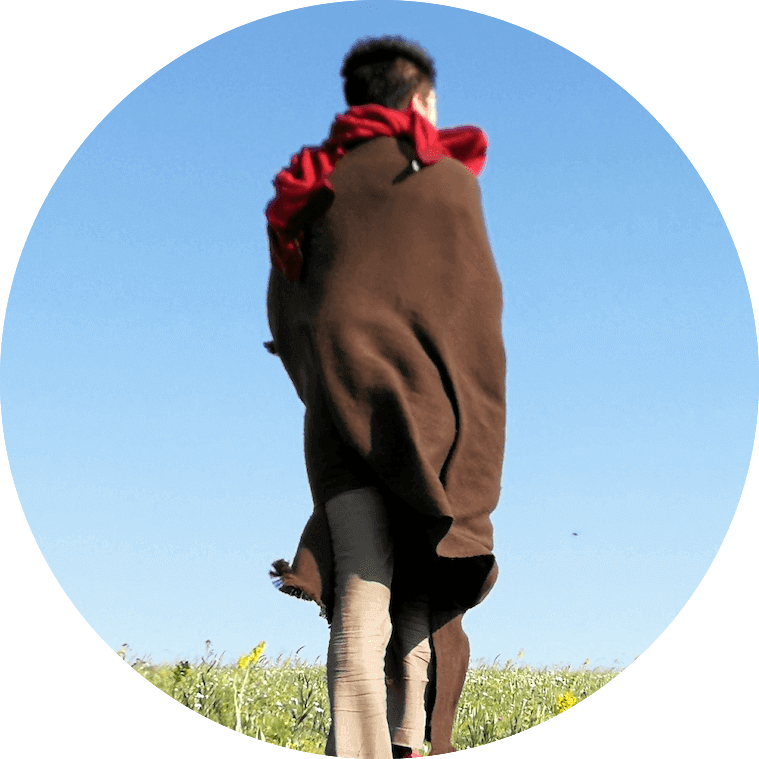Circular economy is a current theory that tries to bring together economic practices to achieve sustainability. This approach seeks to increase the productivity of resources within an ecosystem, creating more opportunities to create value for the consumer...
Field Work Diary
Uma análise ao sector da água português: análise de entrevistas com o MAXQDA
No artigo anterior demonstrei como o MAXQDA foi fundamental na realização de uma revisão bibliográfica sobre a eficiência energética no sector da água em Portugal. Neste, vou mostrar-vos como consegui realizar entrevistas e organizá-las na minha investiga...
An Energy Efficiency Analysis of the Portuguese Water Sector: Interview Analysis with MAXQDA
In the previous article, I demonstrated how MAXQDA was instrumental in conducting a literature review of energy efficiency in the Portuguese water sector. In this one, I will show you how I managed to conduct interviews and organize them in my research wi...
Regenerative Food Systems: developing 13 principles
Guest post by Sara El-Sayed. My research explores what characterizes a regenerative food system, specifically in arid regions. Starting in the summer of 2018 I began compiling data from different thematics that were organized into MAXQDA; these included ...
Análise da eficiência energética do sector da água português com o MAXQDA: Revisão da Literatura
Bem-vindo à minha primeira entrada do Diário de Campo! Aqui tentarei destacar o consumo significativo de energia do sector da água português e o potencial de eficiência energética existente que não é devidamente explorado. Este breve enquadramento ajudará...
Women’s Experiences in the Mathematics Department – An Analysis through MAXQDA Color and Data Coding
Guest post by Weverton Ataide Pinheiro. This is my second and final research report from the 2019 MAXQDA Research for Change grant awarded by VERBI Software and MAXQDA. When I proposed this project one year ago, I was intrigued by the fact that people fr...
Using Grounded Theory with MAXQDA to Explore Regenerative Food Practices
I started my fieldwork on regenerative food systems in the summer of 2018. I intended to explore what a regenerative food system in arid regions is, what its characteristics are, and what practices people employ. The research began with a literature revie...
Writing Myself out of the Quarantine Slump: Getting Started with MAXQDA’s Literature Review Function
One day while on Twitter—my social media platform of peace and refuge--, I came across a tweet asking about personal coping mechanisms dealing with writing your dissertation during quarantine. I sat there and thought: Truthfully, how have I been coping? W...
Embarking on a Journey with MAXQDA through an Energy Efficiency Analysis of the Portuguese Water Sector: Reviewing Literature
Welcome to my first Field Diary Entry! Here I will try to highlight the Portuguese water sector’s significant energy consumption and existing energy efficiency potential that is not properly exploited. This brief framework will help to understand the rele...
Ethnographic Study of an Enterprise: Long-Term Data Collection and Analysis with MAXQDA
Guest post by Haitao Yu. My data collection started in 2017 when I was using MAXQDA 12. Now, as I’m revisiting the data, MAXQDA 2020 has been released. Over the last three years, the software has been making my life easier to organize and revisit the lar...








